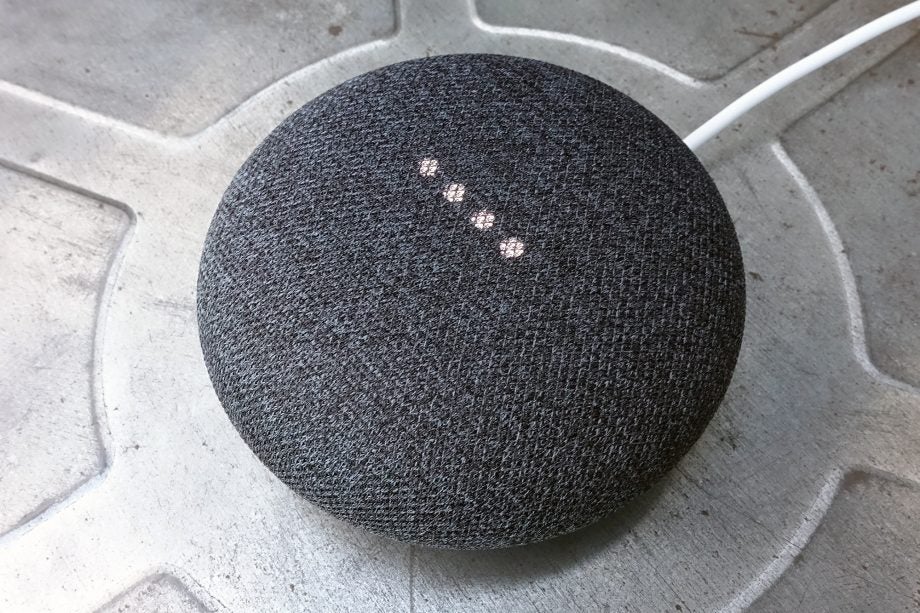Google Assistant tops Alexa and Siri with new bilingual skills

The Google Assistant is now able to understand and respond in multiple languages, without altering the settings. As part of the company’s ongoing efforts to make conversations more natural, users in bilingual homes will be able to speak two languages interchangeably.
Google says this is a ‘first of its kind’ feature that’ll be available on smart speakers and phones with the Assistant on board. Currently, it supports any pair of English, German, French, Spanish, Italian and Japanese, with more languages in the coming months.
In a blog post on Thursday, Google writes: “If you’re looking for an answer in English, ask, “Hey Google, what’s the weather like today?” If you’re craving tunes from your favorite German hip hop band, just ask “Hey Google, spiele die Fantastischen Vier.”
Related: Google Home review
Users of the Google Assistant have always had the opportunity to change the native language, but until now could only use one at a time. You can see the feature in action in the video below:
Google says the feature is underpinned by a new LangID language identification model, which it hopes to upgrade with trilingual capabilities in the future. In an accompanying blog post the company explains how it works.
The firm writes: “To understand more than one language at once, multiple processes need to be run in parallel, each producing incremental results, allowing the Assistant not only to identify the language in which the query is spoken but also to parse the query to create an actionable command. For example, even for a monolingual environment, if a user asks to “set an alarm for 6pm”, the Google Assistant must understand that “set an alarm” implies opening the clock app, fulfilling the explicit parameter of “6pm” and additionally make the inference that the alarm should be set for today.
“To make this work for any given pair of supported languages is a challenge, as the Assistant executes the same work it does for the monolingual case, but now must additionally enable LangID, and not just one but two monolingual speech recognition systems simultaneously.”
The announcement comes in the same week, the Google launched the Home Max in the UK market in the hope of challenging the Apple HomePod.
Will you be snapping up a Google Home Max? Or are you happy with the standard Google Home or Google Home Mini models? Let us know @TrustedReviews on Twitter.


